November 9, 2022
We might have never come to know Laurie Simmons for her sharp critiques of gender, mass media, and consumerism or as part of New York City’s celebrated Pictures Generation if it hadn’t been for an unsuspecting downtown psychic in 1972. “Join the photography club. You'll meet people, and you'll make friends.” Following this advice set Laurie off on a path of integrity and grit, compounded by a sheer endless curiosity that has stuck with her through decades as an artist, wife, and mother. These days, she splits time between her family’s Connecticut home and her apartment in Flatiron, where she can usually be spotted on a walk while listening to podcasts or looking at trees to “drink in green nature vibes.” Below, she elaborates on the importance of prioritizing friendship, why a successful marriage is based on accountability, and being unapologetically feminine for the first time in her life.
on her morning routine
I kind of keep farmers’ hours and wake up in the dark, usually around 5:30 am. The first thing I do every morning is sit up in bed and meditate as I’ve been doing everyday since I was 23… I wish I could fit in a second meditation at the end of the day, but that has yet to happen. In Connecticut, I'll go downstairs and say good morning to my dog and hang out with my husband, who gets up even earlier. I make coffee immediately — I’m partial to Oslo Freya... My husband's not a coffee drinker. I think he's made me coffee maybe like, a total of four times in 40 years, so I make my own coffee. Sometimes I feel like I go to sleep at night just because I'm so excited about my first cup of coffee. Then I check some news or emails, and three days a week, I work out on Zoom at 8:00 am. It’s usually strength training. According to science, that gets right to the heart of protecting your brain and your bones. At 09:00, the two women who help me in my studio come in and we kind of meet and figure out what we're all going to do. I have a studio in the house that I live in and then a studio in the barn. Right now, we're shooting for a show. We're pouring resin as part of this kind of sculptural photo object show which opens at 56 Henry on November 9.
on her upbringing and early inspirations
I grew up in Great Neck, right over the border when Queens becomes Nassau County. When my father (a first generation American Jew who was a dentist in World War II) and my mother (who was from a place called Cedarhurst on the South Shore of Long Island) got married, they bought a house in this very perfect looking, Jewish suburb. Everything was visual, everything was about appearances. It provided so much material for me, so much food for thought. We lived in a house that had two entrances. One was to where we lived, and the other was to my father’s dental office. He had a waiting room full of magazines and a fish tank. My happy place was to go in and look at Life magazines. I would sit and read these magazines so I could see pictures of Truman Capote’s glamorous parties, or an article about Niki de Saint Phalle. I would say Niki and Marisol Escobar were the first and maybe only women artists I was aware of, since most people were only talking about Dalí or Picasso. I knew that there was a glamorous world out there, and I knew I was going to go for it somehow.
on her experience as a creative child
I was a little artist kid. I felt like I was aware that my brain didn’t work like everyone else’s, like I saw things other people didn’t see. I felt entirely misunderstood and by myself. I just remember not agreeing with the way things were and thinking the things my parents told me were wrong, like, that’s not the way it should be. It was this sense of unease and never really being in lockstep with what was around me.
on her parents’ support and expectations
My parents always told me I was an artist. And it was a very convenient description for them. In the suburbs, it was very important for everyone to unanimously agree on everything, but to express their differences in very simple, modest ways. I often tell the story that I had two sisters, and we three were Susan, Laurie and Bonnie. My mother's best friend had three children named Susie, Lauren and Bobby. And so you were allowed to be "different" in quotes, because that was my mother's favorite word. She would always say, Laurie is different, she’s an artist. Her expectation was that I would always be an artist, maybe teach art in school, and then marry a successful doctor and show my paintings at the local art show. I asked her, I think, maybe the first time I was written about in The New York Times or started to have exhibitions in New York City, “Did you expect this?” And she basically said, “No, I thought you would marry a Jewish doctor and live in a suburb and show your work at the temple show.” That was as far as her imagination could take her.
on health care and depending on family as a young artist
I remember once I broke my fifth metatarsal (I fell off a platform shoe). It was so painful — the only thing I could think of was to go home to my parents. My mother took me to the doctor and I found out that my father was so afraid of something happening to me that would cost him a lot of money, so he kept me on his insurance plan until I was well into my 20s. What a gift. If I went home, I could get a hot meal. I could get taken to the doctor to have a cast put on my leg. My mother might buy me an occasional pair of shoes but I had to go home to get something, and rightfully so. They helped when they could but could never have bankrolled my life. I knew that there were kids that really had nothing, young artists who had to scrape for everything. And then I also kind of suspected that there were artists whose parents were just, like, taking care of them full stop. And I was so envious, of course.
advice for aspiring artists
I think the first thing is to commit and describe yourself as an artist and start convincing yourself. Then, always find a network of like minded friends and comrades — that’s your strength. Making art can be a very solo, private and even lonely endeavor. But to have a peer group is so important.
on the trip that made her ambition kick in
After art school, I moved with some friends to a kind of commune in the Catskills. I really went from urban art school Philadelphia to living in the middle of nowhere with a bunch of people who had gone to Cornell. It was real hippie life and I fully embraced it at that moment. I had a boyfriend there, and at a certain point I told him “I’m going to Europe. You can either come or not come.” So we flew to Amsterdam. We bought an old tin can of a car — a deux chevaux – and went to about 14 countries. Everyone I knew had driven across Europe to Afghanistan. I mean, when I think about what we were doing now, I would die if my kids did what I did. It was on that trip that I decided that I wanted to really pursue being an artist in a serious way. I just thought, I can't keep wandering around, I need to start this. In hindsight, I realized my ambition to achieve something with my work, even if I couldn't put it into words, was very strong. I don't have a real explanation for it. Maybe it's just karma, past life stuff.
on financially sustaining herself as an artist
It was so hard. I decided that if I was a true artist, I could never get a real job. Plus, I would have been terrible at it. So I did things as diverse as working in a backgammon shop when I didn't know how to play backgammon, and I would fall asleep whenever the owner tried to teach me. I babysat for dogs. I put up wallpaper and did house painting. So much time was taken up trying to make a living and stay ahead of my New York rent. I was really broke, I'd borrow money from my boyfriend. It wasn't very elegant, but I did it. I met my husband when I was very young, and though he was an artist, he always had a full time job. Very different from me. He was a picture framer for years. And then he worked in the layout department of TIME magazine. Those days are over now, obviously, but he needed a full time job with health benefits. And I needed to feel like I was free.
on choosing her medium
When I came to New York, it was this very incredible moment of conceptual and process art and video and film and performance. I think my perception was that a camera was the tool that seemed to bring everything and everyone together. A video camera, a regular camera. If you were making a conceptual art piece that was very ephemeral and wasn’t going to last beyond today, the way to document it was with a camera.
on getting married despite her commitment to counterculture
I remember the day I got married, my husband was so excited and it seemed like for him, it was one of the most definitive and exciting moments of his life. I was very ambivalent. About what it meant, what it said about me, that I was entering into this kind of contract that was so in opposition to having lived through the age of counterculture. Getting married was very antithetical to everything I believed in at the time. But I said yes because by the time I was 33, I had a sense that I wanted to have a kid, maybe that we were going to do that together, although it seemed very far in the future. I was practical enough to know that it was going to maybe be easier if i was married... It was really hard to reconcile the way we were all living back then with the decision to ostensibly spend the rest of your life with one person. But I really loved him. And we seemed like we had a big project ahead of us. And as it turned out, we did.
on her relationship with her husband
We've been at least seven different people to each other in our relationship. I think it's just a coincidence and dumb luck that we've been able to grow and change together. One of the really amazing things about my husband is that if I'm not working, he calls me out on it. He's often said to me, look, you don't have to work if you don't want to, but I signed up to marry an artist, and that's not what you are right now. For both of us, it's been a really strong and powerful aspect of our relationship, that we understand what it means to be an artist and how an artist needs to prioritize work. So we made that work for each other in terms of the family. Yes, we're having children, yes, we're committed parents, but if we don't build in time to do our work, we're not going to be good for anything. I think that's been a really positive part of how we operate as a team.
on how her son has enriched her art
I have a trans son and I feel like that’s enriched my own personal art narrative so deeply. Because coincidentally, or not coincidentally, my work has always been about gender and particularly what it means to be a woman in a culture that doesn’t always value that.
on prioritizing friendship
I value friendship above and beyond most things. I think people imagine that artists are probably selfish parents and selfish friends. And a lot of that is true and partly necessary. A lot of artists really do have to put themselves first in order to fight for their work. And I think that's what society tells them to do. But I will drop almost anything to be there for my children and my friends. I don't know how much I took from my parents, but my father was a good citizen in a very deep way. If a friend was in a hospital, he would take off work early, cancel his patients and carry a little box of cake from a local bakery and go see the person in the hospital.
on what she’s reading and listening to
During the pandemic, I started to go deep into novels by women writers and that's been amazing. I just read two novels by two of my closest friends. One is called Mothercare by Lynne Tillman and the other is A.M Homes’ The Unfolding. I read A Separation and Intimacies by Katie Kitamora, as well as Jennifer Egan's new book, The Candy House. One of my favorites was called The Knockout Queen by Rufi Thorpe. Another book I loved was my son's memoir, A Year Without a Name. And then a colleague of his, T. Kira Madden, wrote a book called Long Live the Tribe of Fatherless Girls. I also loved Exquisite Mariposa by Fiona Alison Duncan.
I always listen to podcasts while walking. My daughter's podcast, The C Word, is forever entertaining. It’s about women that history has deemed crazy. I also listen to You Must Remember This, which is about the history of Hollywood in the golden age. They are both counterpoints to the number of political podcasts I was listening to, which I've really tried to cut back on. I was so deeply immersed, particularly before the last election, and I've tried to wean myself a little bit because it became titillating, addictive and painful.
on someone who recently passed her by
Years ago, I was on the subway and I saw a woman who was wearing a complete dirndl outfit with little black pumps. My first reaction was to disdain her clothing choices, but then I realized that it wasn’t a costume, it wasn’t a joke. It was a very well thought out sartorial decision. She was trying to make a statement… crazy as it looked to me. She put a lot of thought and energy into what she wore that day and I loved her for it.
on her beauty routine and femininity
During the pandemic, like a lot of people, I decided it's time to stop coloring my hair. I have so much admiration for the silver haired women, but I'm not one of them yet. I use this stuff called Hair Mate. It's like giving up shampoo. I think the less you wash it, the less you mess with it, the better. In terms of skincare, I'm in a phase now where I started using too many things because I read about stuff and if it’s around $20, I’d order it. A friend convinced me to get one of those red light masks, so I got one on sale on Amazon Prime Day, and I use it like, four or five days a week, and people say they're noticing a difference.
I think when we're younger, we're so self conscious about our own beauty and where we stand on a scale of one to ten. As young women and young women artists, we were so involved in our appearance and what would work with being the artist image. I was so self conscious. In order to work with the art world that I was in, I had to really be grounded in my male energy to fight back. And now I feel like maybe for the first time in my life, I'm living in my female energy and it feels really different.
laurie’s favorite spots in nyc
Museum: The Met
Restaurant: Hollywood diner
Shopping: Union Square Greenmarket. I love wandering through and watching. Sometimes you see people that are just filling bags with stuff and you know they're chefs because you can see the way they're holding and collecting things
Parks: I love the West Side Highway because I used to walk there when it was really dismal, so the development is really beautiful. Walking is my favorite thing to do. It just does something to your brain. I’ve always appreciated finding green places in the city because they are so precious.
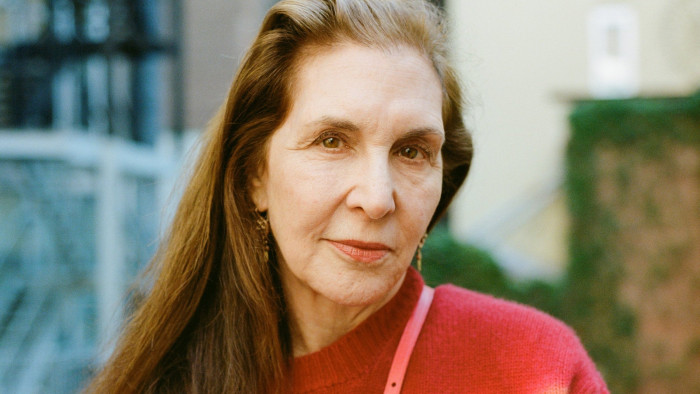
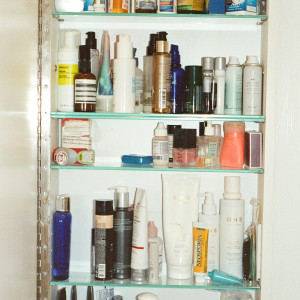 ..
..
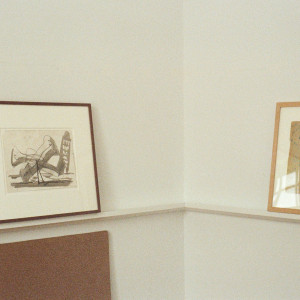 ..
..
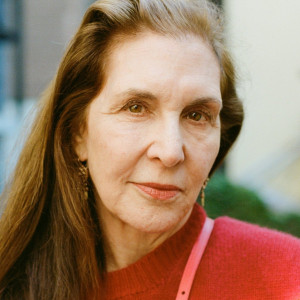 ..
..
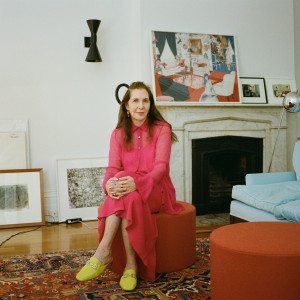 ..
..
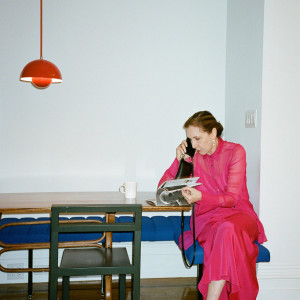 ..
..
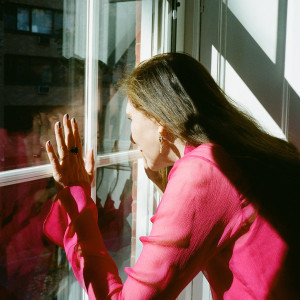 ..
..
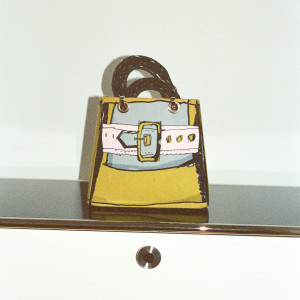 ..
..
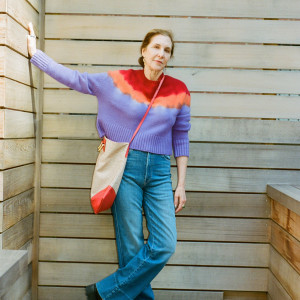 ..
..
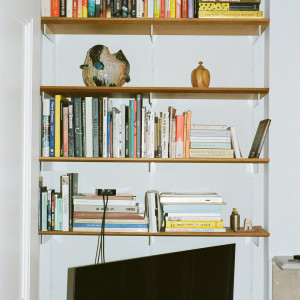 ..
..
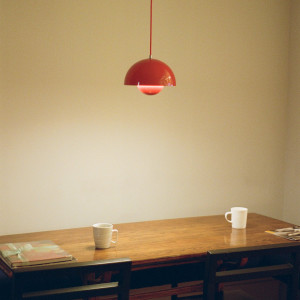 ..
..
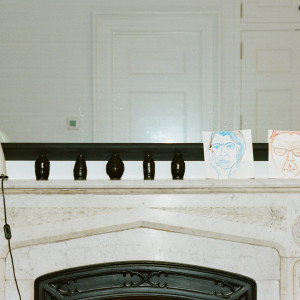 ..
..
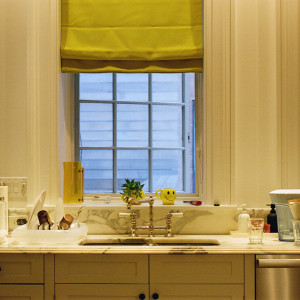 ..
..
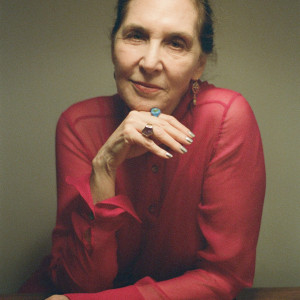 ..
..
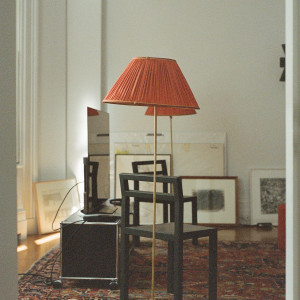 ..
..
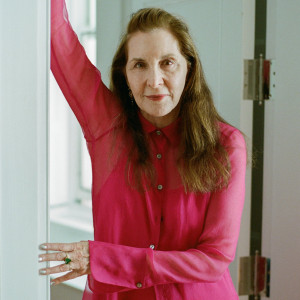 ..
..
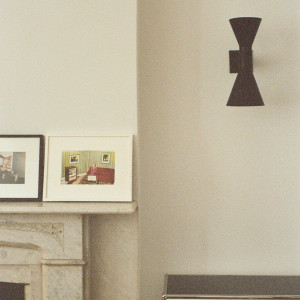 ..
..
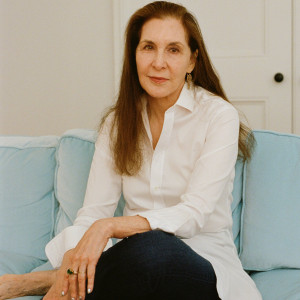 ..
..
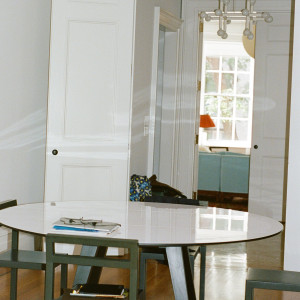 ..
..
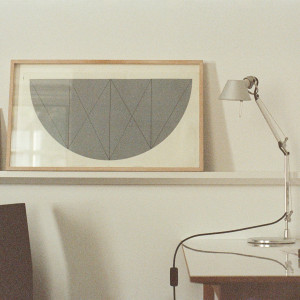 ..
..
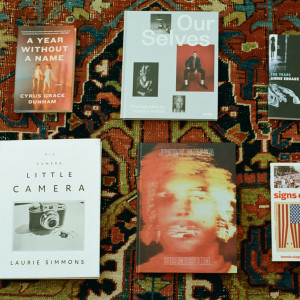 ..
..
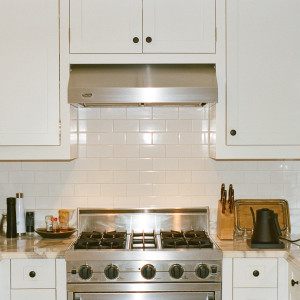 ..
..
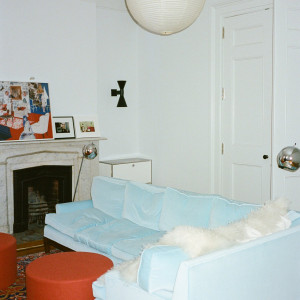 ..
..
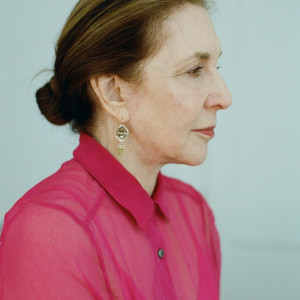 ..
..
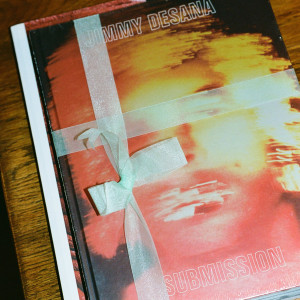 ..
..